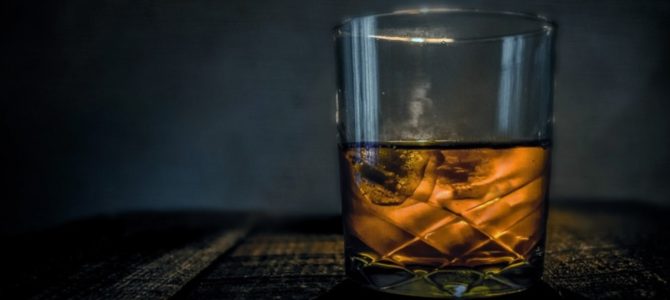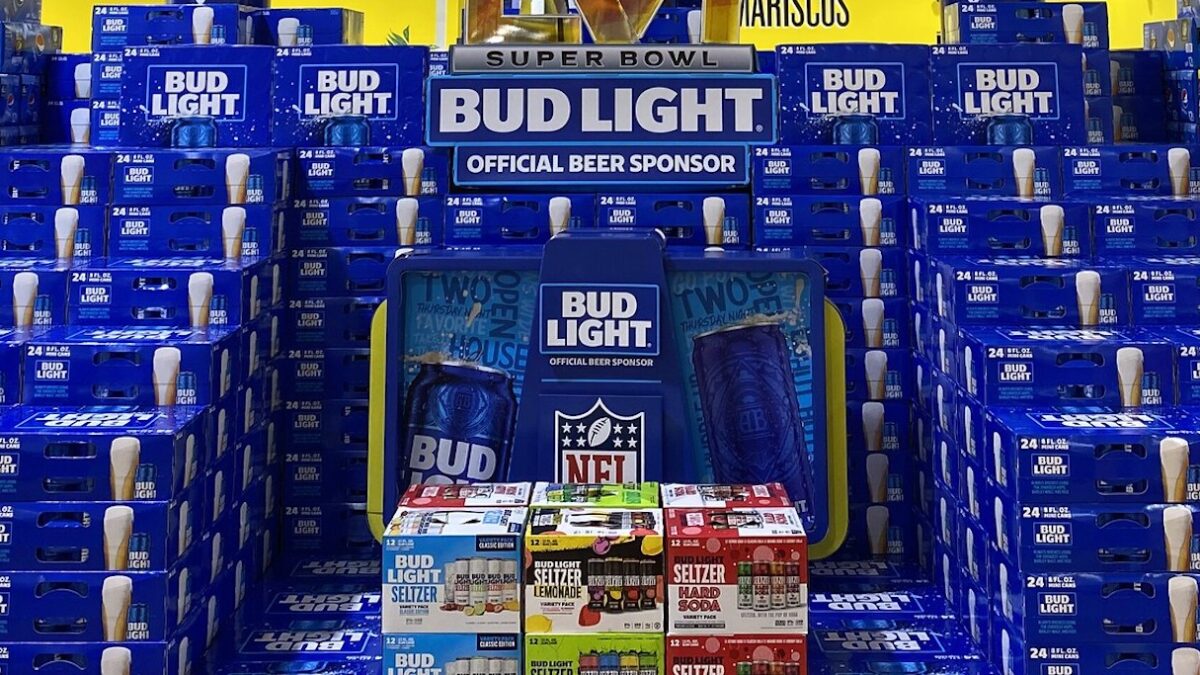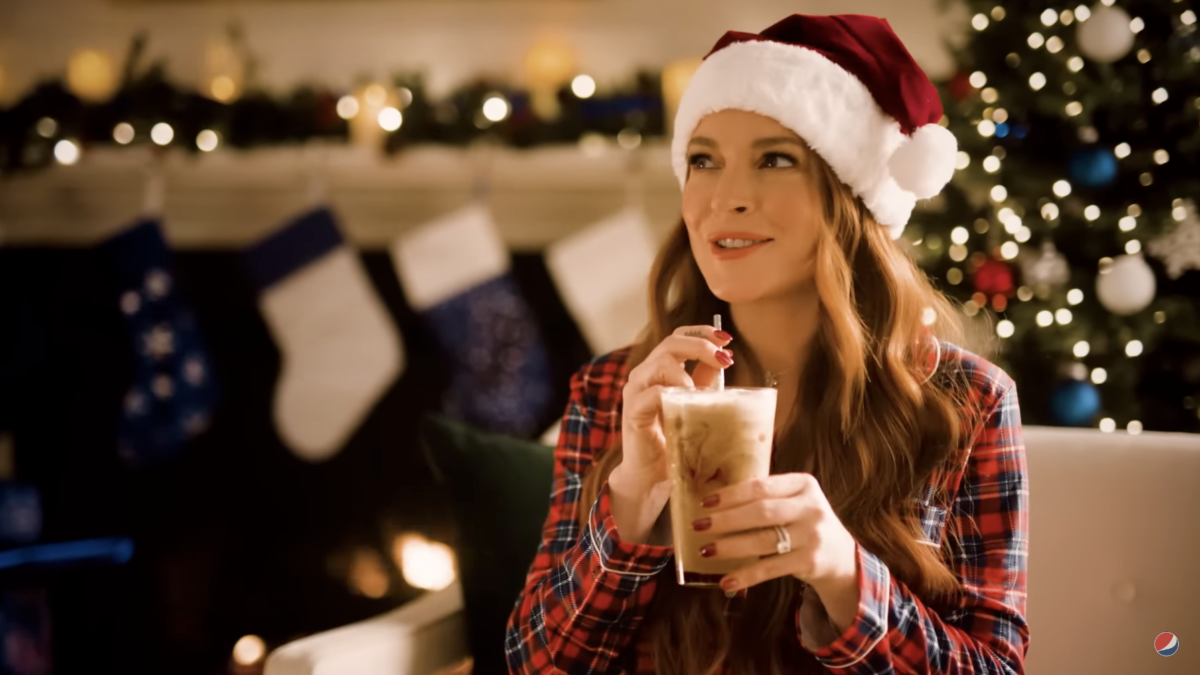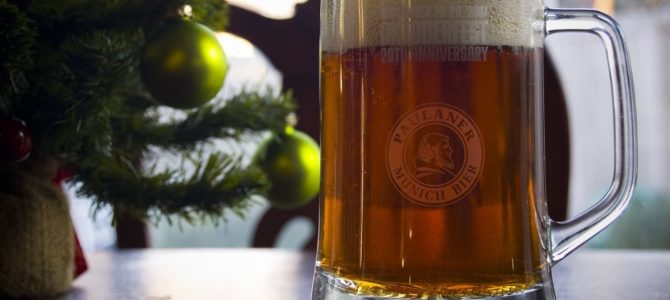
At every point in its storied 200-year history, bourbon has been Americans’ best friend. Born of—and born as—the classic American spirit, its fragrance evokes the peppy notes of a banjo picker at a riverside barbecue; its richness and strength the heavy sigh that follows a hard day’s work.
Through our nation’s ups and downs, bourbon has been friend to the laborer, the merrymaker, and the intellectual. Best of all, bourbon has never asked anything of us except to be used as intended. For we are its makers, and all that bourbon is or ever shall be, it owes to us.
Yet recent events in the cutting-edge field of bourbon engineering have called this simplistic narrative into question. Cletus Colt, 31-year-old billionaire distillery entrepreneur and global liquor guru, shocked the world of connoisseurs and booze theorists with a statement released Thursday by his startup Barrel Bold, which “Bourbonomics” has labeled “the Uber of whiskey”:
Everything you thought you knew about bourbon is about to change. The outdated chemical formulas, corn genetics, and distillation apparatus of our forebears, some as old as the Declaration of Independence, will all be rethought and replaced by Barrel Bold’s innovative new line of spirits. Our pioneering research on pressure-regulation and quantum fermentation will enable us to concoct a bourbon of a qualitatively different order. This is no primitive drink to be ‘knocked back’ at a frat party, but rather the missing link to bourbon’s bright evolutionary future. We in the human community must now work to overcome bottle-bigotry, face the emerging world of whiskey personhood, and provide our newfound peers with the rights and dignities merited by such a transcendently superior caste of alcoholic beverage.
Alan Lushins, a Vanderbilt University professor and expert on the intersections between metaphysics and chemistry, followed up on this revelation in an interview with Bartender’s Bookshelf. “
“The key to understanding Colt’s announcement,” he argued, “at least in my view, is to focus on his claim that the chemical changes in the new bourbon signal a conceptual change in its ‘qualitative order.’ It is not merely an empirical, quantitative change; though our instruments of measurement are only equipped to observe quantitatively. Are we even drinking bourbon anymore, if the emergent properties of Barrel Bold bestow something on that liquid, on that mash bill and yeast, which is analogous to the human soul?”
Thus, a debate that has raged through decades of technologically groundbreaking advances in the distillation industry has finally come to a head, as it faces down an approaching moment which bourbon bloggers and activists have referred to as the “drinkularity.” This coming new age, they claim, will arise as a chain reaction of bourbon development triggered by the emergence of one super-bourbon, unlike any before it, that disrupts the global intoxication balance and ultimately results in an extinction-level event.
To ensure good future relations between man and moonshine, these activists have begun a steady push to accord rights and recognition for this new race of bourbons. Some even argue that to bring about a holistic social paradigm shift, we should also ascribe personhood to older, pre-drinkularity bourbons that we currently enjoy as mere beverages.
Of course, a few holdouts resist any progress in this arena, arguing that human rights should be for humans only, and that fabricated products like bourbons have no civil liberties or dignity. “To claim rights or protections for bourbon,” warns Clarissa McKennon of the Humans First Foundation, “would water down our definition of human, degrading the advances we have made and the fights we have won in the push for human rights.”
Bourbon rights advocates, however, have decried this approach as arbitrary and discriminatory. “After all,” Lushins elsewhere writes, “human rights proponents all across the religious, political, and philosophical spectrum have long argued that humans do not decide who has rights and who does not. The rights are innate. Governments and courts merely recognize them.”
“What are rights, anyway?” asks Linda Glissington, professor of property theory at Stanford Law School. “Are they normative? Consequentially or nonconsequentially grounded? The Declaration of Independence calls them ‘endowed’ by a ‘Creator’…but how many Americans really believe that nowadays?”
As Glissington suggests, the debate takes place in the shadow of public opinion, which remains in flux. Legal status for these new bourbons will mean precious little to Friday-night drinkers out to taste and toast.
On the other hand, entertainment media and scholars on the fringe of academe, like Lushins, have dedicated years to normalizing the idea of bourbon equality, even proposing that bourbon be added to the Universal Declaration of Human Rights. Whether the “uncanny valley” between human and bourbon is just a momentary discomfort or an instinctive, systemic impasse remains to be seen.
While other political debates in America have become stale reruns of the same re-hashed talking points, bourbon personhood has begun attracting the attention of philosophers, scientists, journalists, politicians, and Hollywood celebrities. Are bourbon rights common sense, or a slippery slope? If you’re not already asking yourself this question each time you order a double, it’s time to start.









